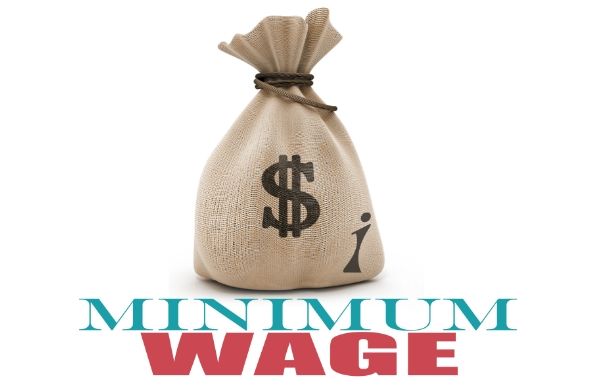A string of small restaurants and grocery stores in Oakland’s Chinatown have been forced to close their doors in the wake of San Francisco’s hiking the minimum wages. In a column headlined “Ruinous ‘Compassion’: New Minimum Wage Laws Kick In,” Thomas Sowell notes:
At an angry meeting between local small business owners and city officials, the local organization that had campaigned for the higher minimum wage was absent. They were probably some place congratulating themselves on having passed a humane “living wage” law.
The group most affected was also absent — inexperienced and unskilled young people, who need a job to get some experience, even more than they need the money.
The businesses that closed reportedly were ones that depended on high volume to generate a thin profit. The supposedly compassionate backers of a minimum wage hike should have known that such businesses would be hard hit. But maybe they figured it was okay for these small operations to pick up the tab for their own feel-good compassion? Who knows?
Sowell urges anybody who is still ignorant about the costs to small businesses and low-level workers of setting a minimum wage to align with “the fashionable notions of third parties” to pick up any copy of the U.K.’s Economist magazine.
It doesn’t really matter which copy you happen upon—almost any copy of the venerable magazine will show what happens to employment when the minimum wage is set at a level that economic activity can’t sustain.
Whether it is the current issue or a back issue doesn’t matter. Spain, Greece, and South Africa will be easy to locate in the table near the back, which lists data for various countries. Just look down the unemployment column for countries with unemployment rates around 25 percent. Spain, Greece, and South Africa are always there, whether or not there is a recession. Why? Because they have very generous minimum wage laws.
While you are there, you can look up the unemployment rate for Switzerland, which has no minimum wage law at all. Over the years, I have never seen the unemployment rate in Switzerland reach as high as 4 percent. Back in 2003, the Economist magazine reported: “Switzerland’s unemployment neared a five-year high of 3.9% in February.”
In the United States, back in what liberals think of as the bad old days before there was a federal minimum wage law, the annual unemployment rate during Calvin Coolidge’s last four years as president ranged from a high of 4.2 percent to a low of 1.8 percent.
As Sowell points out, it is low income and minority workers who are most likely to suffer from these wages. Some have levels of skills that simply would not cause a potential employer to hire them at the new minimum ages. They need these jobs to develop the skills that make them more valuable.
Sowell writes that he is lucky that in 1948, when he was seventeen and left home to become self-supporting, the unemployment rate for black youths like him was ten percent. A minimum wage law had been passed ten years earlier but Sowell maintains that inflation had rendered it moot. But liberal compassion soon kicked in and the unemployment rate for black youths since has never been less than twenty percent and sometimes as high as fifty percent.
Never mind: liberals feel pretty darned good about those minimum wage hikes.


